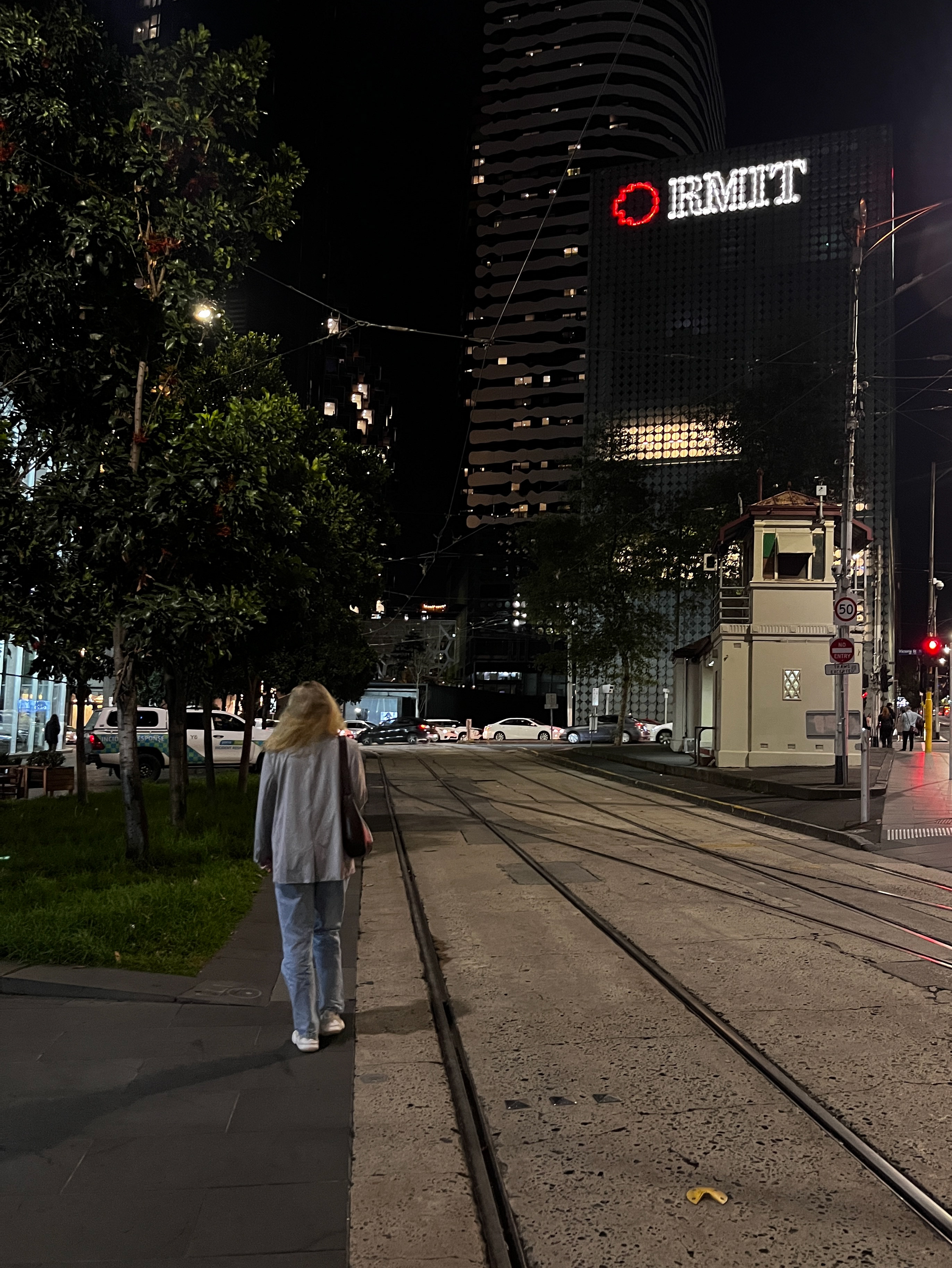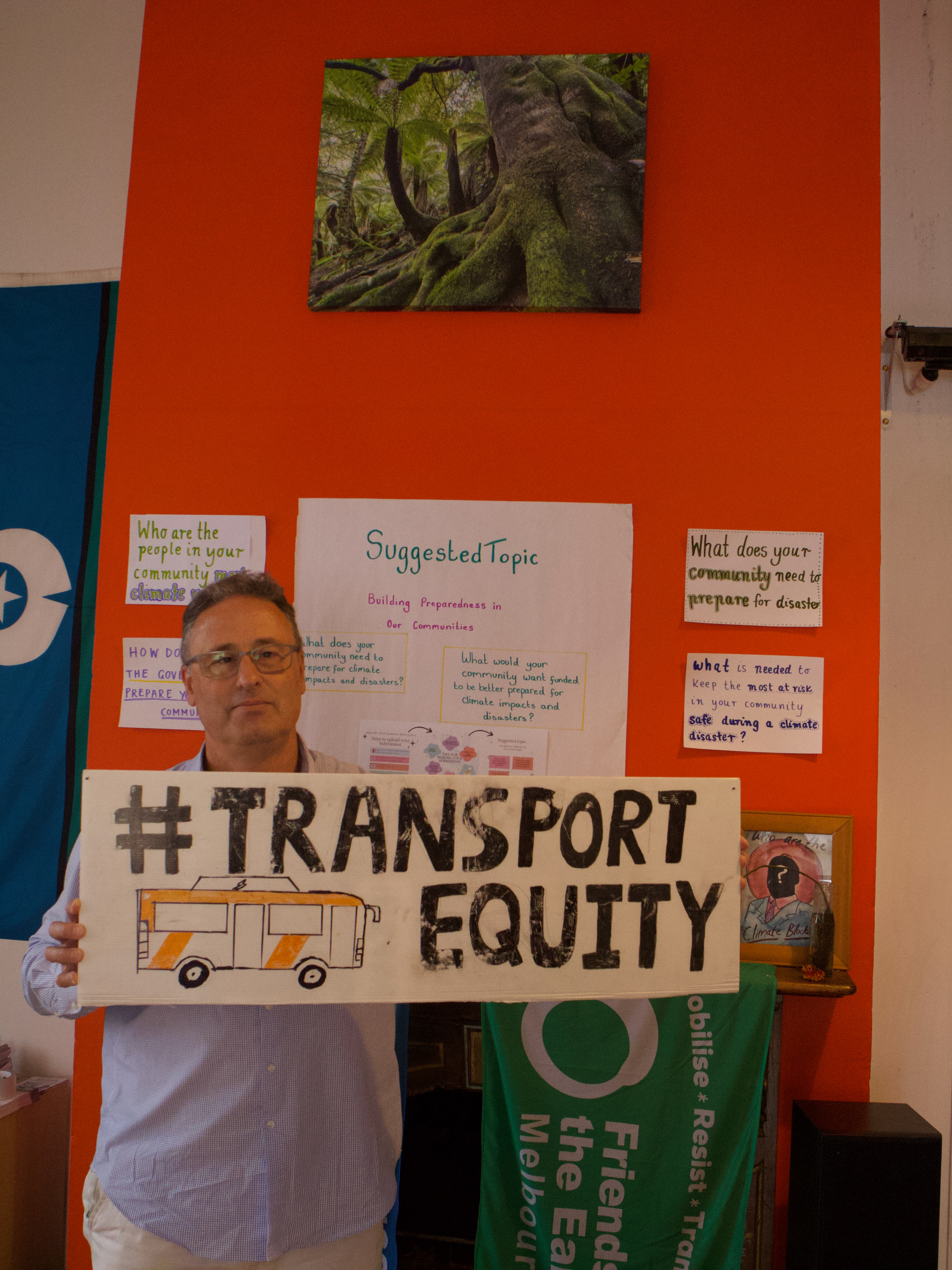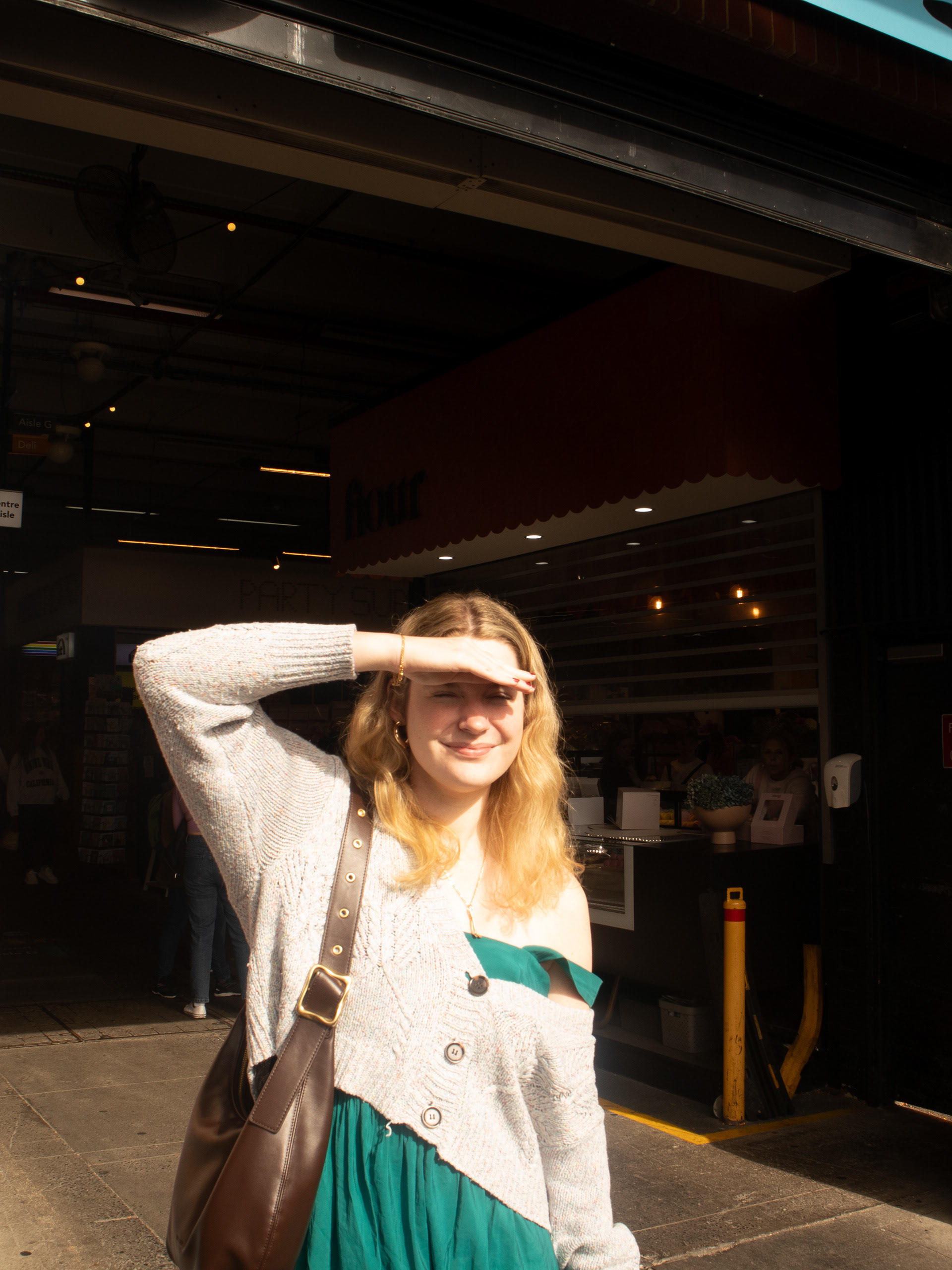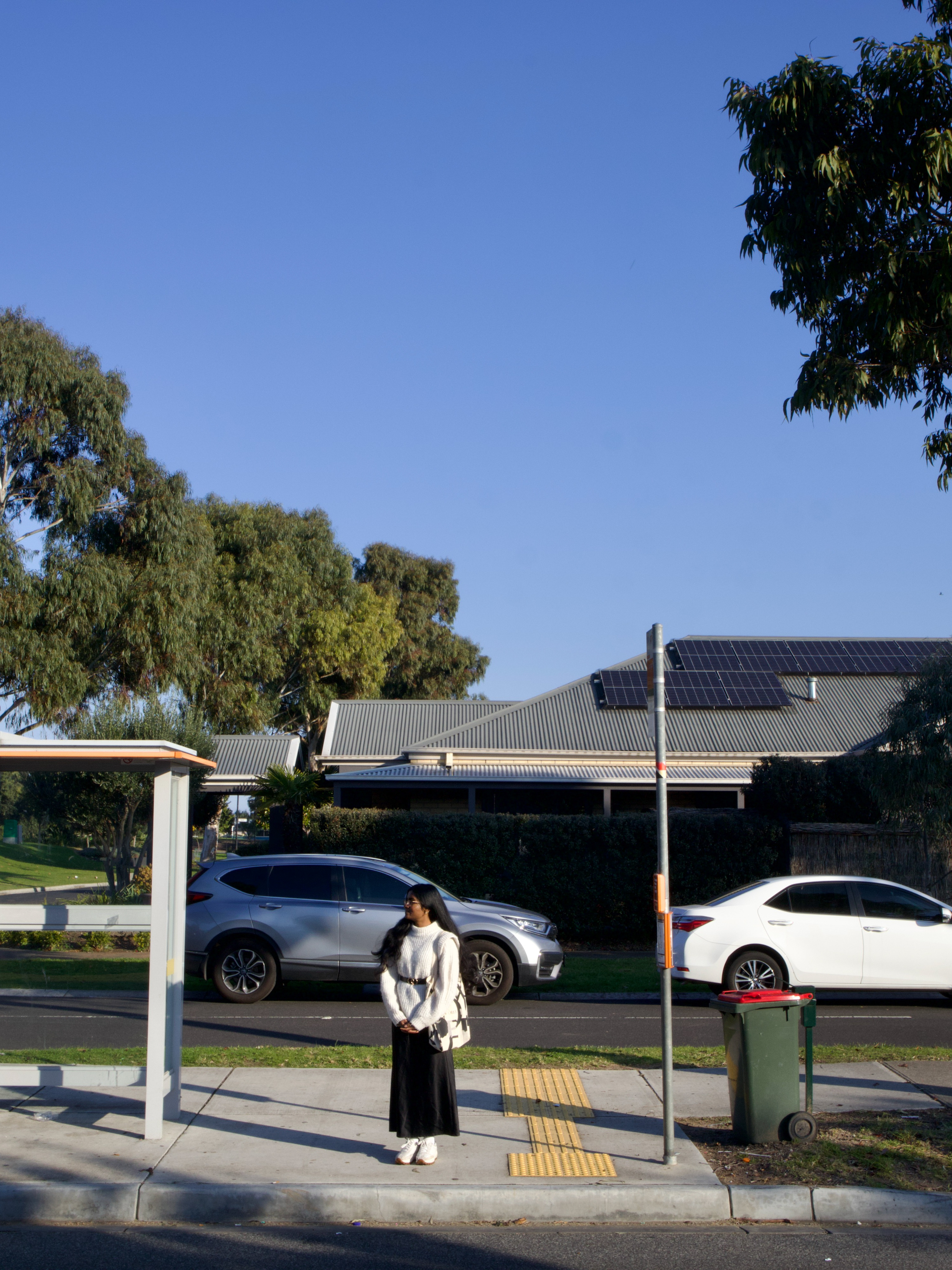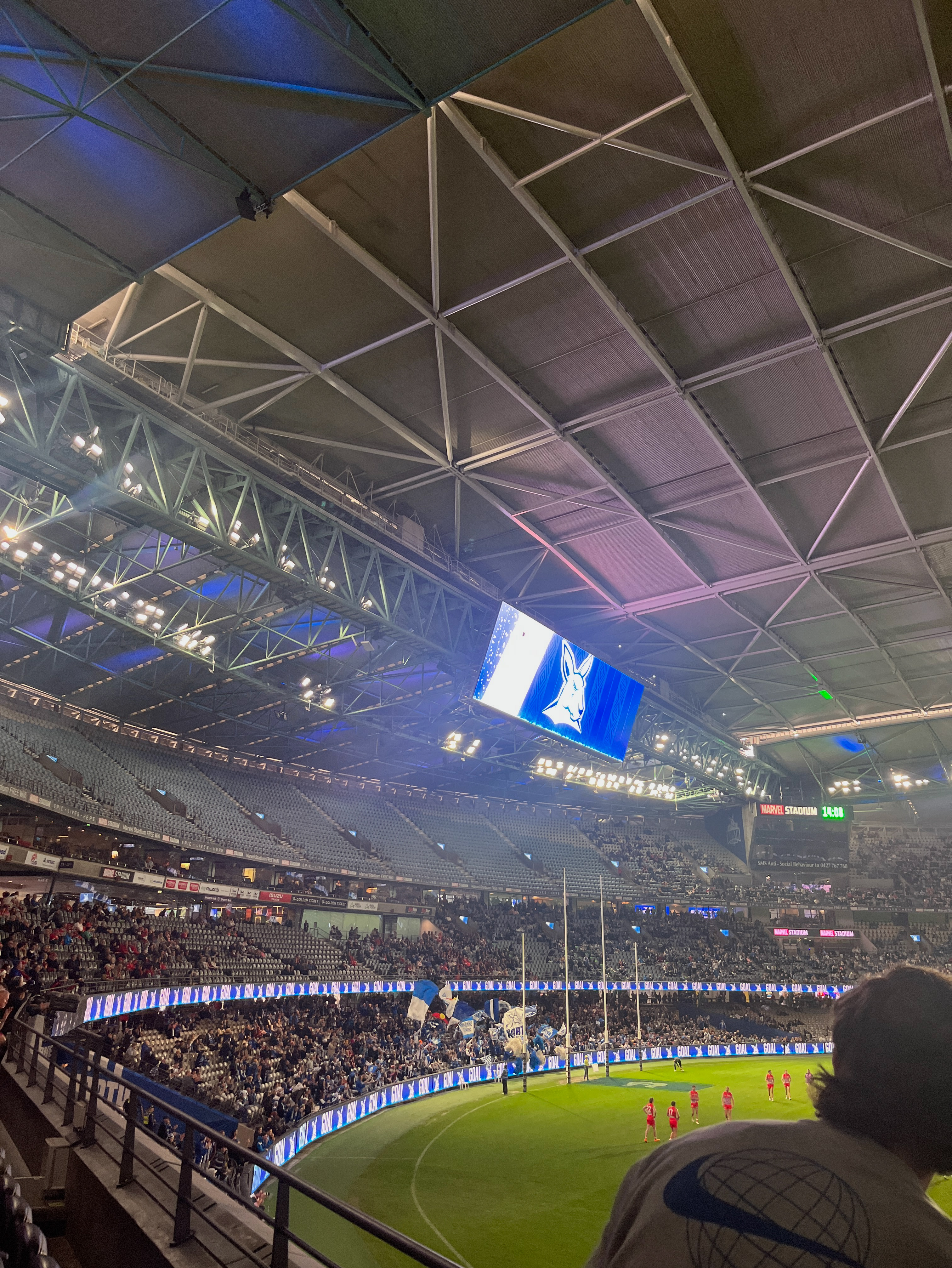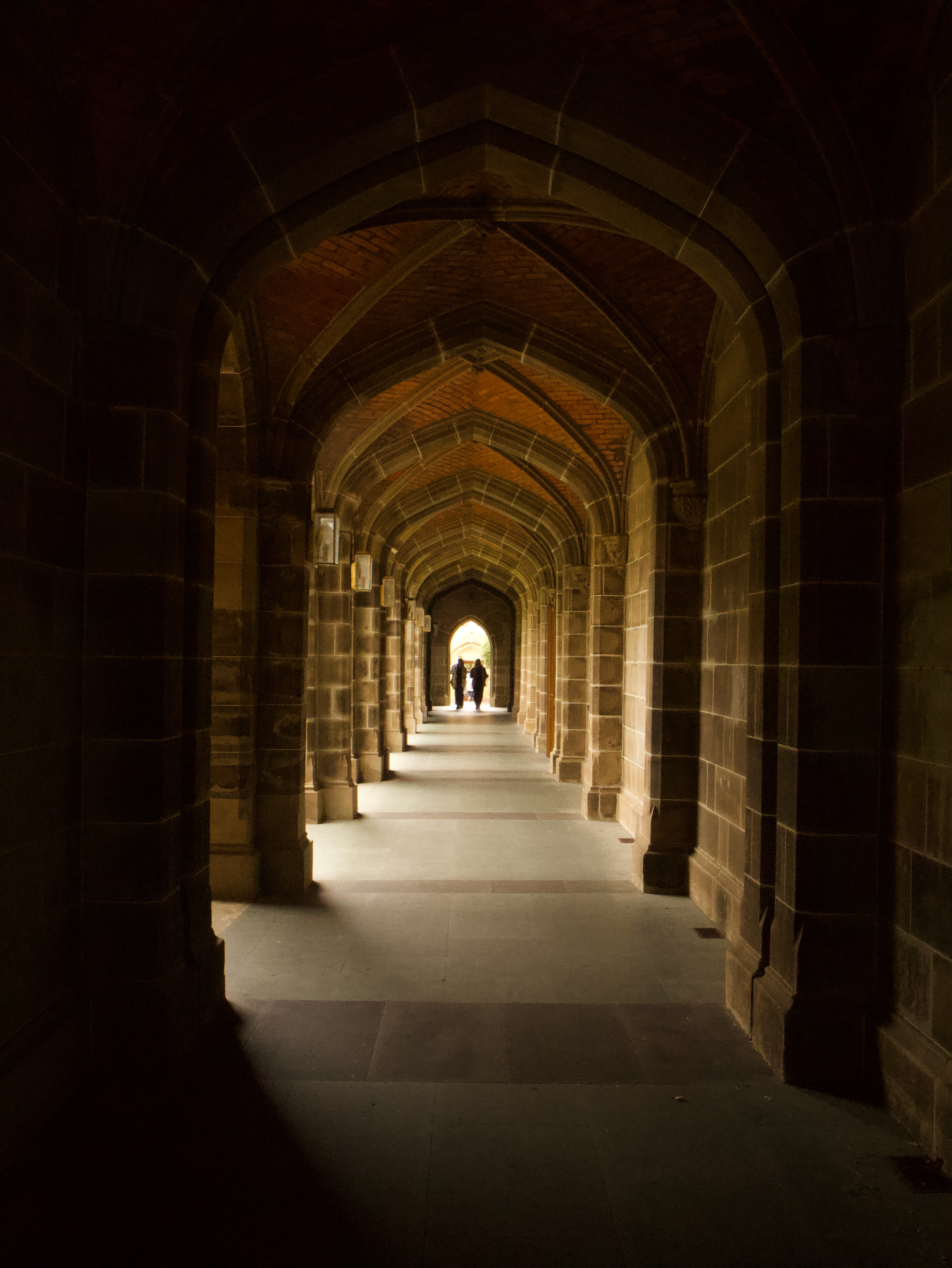Life in those three weeks was electrifying. The intensity of daily activities such as transport, groceries, illness, group assignments, interpersonal relations doubled up. I thought I could outsmart the system, but I didn’t.
This trip highlighted the importance of study tours—not just for the extra credit points or as a post-breakup cure, but for the introduction to solo travel and the personal growth it brings.
What came out of this trip was enough firsts to fill up a room. First trip overseas, first kayak, first roommate, first bike trip, first cruise, first kiss, first banh mi, first time feeling alive in the longest time.
Ellie Crossett found her first trip overseas challenging, but it did help her become more confident in herself. “I'm not like a really overconfident, extroverted person now, but I don't feel like I want to talk down to myself in my head as much,” she said.
Sophie Ciavarella, on the cusp of entering a new decade, felt the need for change. She pushed herself to learn and do new things, saying yes to opportunities she would typically shy away from. “I was like [to myself], come on, you need to be different,” said Sophie, “it needs to be different.”
The study tour opened our eyes to how media is perceived and taught in Vietnam. Media was taught as a business model and not as a way of living. Media was taught as the key to unlocking the control room of global economics. In some sense, media in Vietnam is taught as a means for survival—survival in the global playground.
The industry visits to both Vietnam+ and National Assembly Television Vietnam (NATV) were very insightful. We had the opportunity to meet renowned journalists who shared their experiences and concerns for journalism. We played around in the newsrooms where we pretended to interview one another on broadcast television.
There is a whole world to Vietnamese journalism, and it is not what we’re made to believe. Investigative journalist Tran Le Thuy thinks that the World Freedom Index was unfair to Vietnam, as the country ranks 176th out of the 180 countries in press freedom.
It made Tia Triantafillou realise that different countries have different media. “[It’s] not really something I thought about before,” said Tia.
How do you get the youth to watch the news? In Australia, you have TikTok’s and social media news platforms like The Daily Aus. In Vietnam, you have reporters rapping the daily headlines at their anchor desks. How do you keep your children up to date on current affairs? In Vietnam, you ask your children who their prime minister/president is.
Some things are the same, for instance, fact-checking news. This was a prominent issue that was raised in both industry events. Politics, however you may define it, is forbidden to talk about.
The study tour reintroduced us to using polls, which ended up being a silly joke. We saw people live-streaming events so their loved ones back home could be with them, watching the fireworks through their screens. Conducting business through WhatsApp, whether it be booking massages or tattoo appointments.
Adding another item to the bucket list: ‘being well-travelled’. Photo by Ryan Bellingham.
Vietnam was a land of contrasts—constant honking at pedestrians, accidentally getting drunk on shots of homemade rice wine because it would be rude to say no to your eighth shot, and paying four million dong to a police officer in exchange for a visa to leave the country. Every day was a new adventure, each moment offering a chance to step out of our comfort zones.
I recall the high I kept chasing, eager to embrace the unknown. Swimming in a thunderstorm, or climbing a mountain about 80 metres high in Ninh Binh just for the views. Being singled out by one of the most prominent journalists in Vietnam for my journalist traits was by far a very huge confidence boost.
There is so much history ingrained within the country, which we saw in the castles in Ba Na Hills, within every footstep or the smiling faces of older women in their non la, and the chards of glass covering the walls of the Hoa Lo Prison.
Coconut coffee was a staple in the summertime, especially for a bunch of foreigners who’d escaped the freezing cold of Melbourne’s winter.
Surrounded by chaos and beauty, the last weekend in Vietnam was spent on an overnight cruise in the middle of Ha Long Bay. We all let loose and might’ve gone crazy on the 2-for-1 happy hour mojitos.
We were comfortable around each other, well, mostly.
Being constantly surrounded by a big group felt natural yet exhausting. Introverts were forced to be extroverts so that they wouldn’t feel left out.
I experienced the consequences of mixing business with pleasure. Working in a group project with people I’ve grown to love, while being in a foreign land. No conflicts, except for when you’re all forced to be in a room together to get the work done.
The power an infatuation can have over not just an individual themselves, but also their surroundings, was attested throughout this trip. One secret whisper of a crush to the destruction of a group dynamic.
“Because we were one big circle, I feel like that made it easier for there to be tension and drama because we know not everyone likes everyone on the trip, even though we're all hanging out together,” said Tia.
The culture shock experienced was nothing compared to finding out your lecturer is a huge Swiftie. Photo by Afia Khan.
How strange is it that you’re thrown into a room with 15 other people who have walked the same footsteps as you, but not with you?
It felt like a big family. Creating bonds and inside jokes that your loved ones wouldn’t understand. I mean, what even is baby reindeer lore?
While making friends with each other, we also learned things about one another, like finding out that Ellie is indeed Australian, despite her accent. “I’ve gotten South African like three times on this trip,” she said.
Projecting your family onto a total stranger based on an aspect of their personality. Sharing a room with someone for three weeks, someone who you’d just met?
“It was like sharing a room with a sister,” said Ellie.
This trip had me questioning things like insurance and how they work in a country where road safety is a foreign concept.
Did those two girls, Sophie and Mary (Hammond) know each other beforehand? And were they friends before becoming roommates? Their inseparable bond became a mystery we were all dying to solve. They were two peas in a pod. Then came the eventual revolution:
“I was quite proud that everyone thought we knew each other, that was really iconic actually.”
In the midst of a cost-of-living crisis, travel wasn’t something that was prioritised until Vietnam. I am incredibly privileged and grateful to have received the New Colombo Plan scholarship, which covered my airfares and program costs. Without this scholarship, this adventure, with all its highs and lows, wouldn’t have been possible.
This trip taught us that while we can escape home, home will never truly escape us. We returned to Australia with new friends, newfound confidence, and a deeper understanding of the global media landscape. The three weeks we spent in Vietnam were transformative, filled with firsts, friendships, and a sense of self-discovery that will stay with us for a lifetime.
"I didn’t want it to end,” Sophie Ciavarella said about the trip. Photo by Ryan Bellingham.

